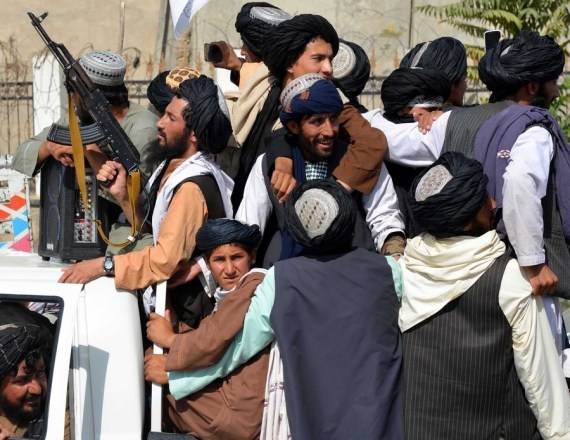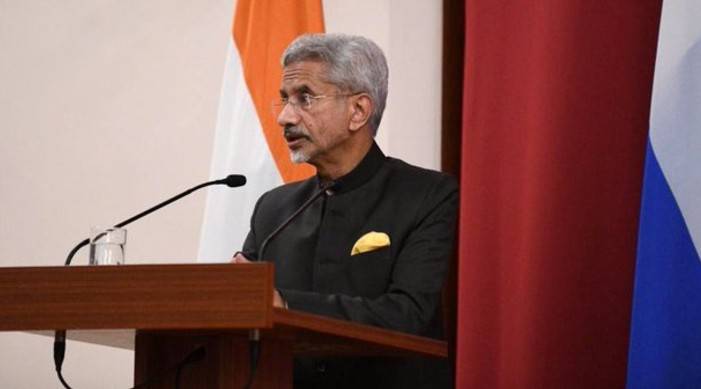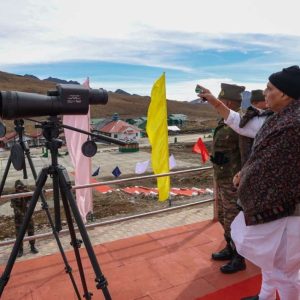This time around, Iran has been very practical in its relations with the Taliban because it saw them as a useful tool to undermine the US in Afghanistan…writes Shahram Akbarzadeh
The Talibans takeover of Afghanistan has led some to draw comparisons with the Islamic Revolution in Iran in 1979. This is not an accurate comparison. The 1979 Revolution was a popular revolt, while the 2021 Taliban victory was a military take over. The Taliban do not have popular support in Afghanistan.
They managed to walk into Kabul because the Afghan armed forces and political establishment had lost the will to fight. And that was the outcome of a growing belief in Afghanistan that Kabul could not withstand the Taliban advance. So self-preservation meant that local leaders simply let the Taliban walk into their cities and settlements.
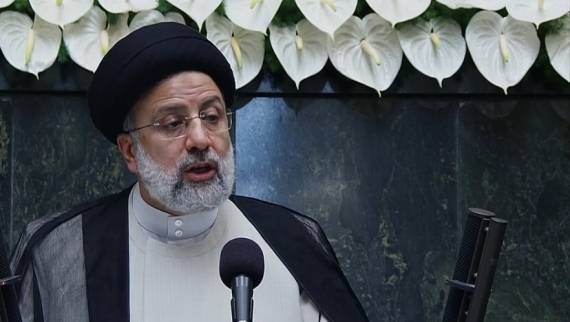
Although the leadership of the Taliban has learned to make noises not as pungent to the international community as its earlier avatar, the common Talib remains bigoted youth grounded in intolerance and a very conservative interpretation of Islam.
Even if those leaders who were based in Doha talk about tolerance and inclusiveness, the support base remains extremely conservative. This will bear heavily on the future direction of the Taliban and the policies it will adopt. Taliban is essentially a Deobandi Sunni group with the political agenda of imposing Sharia of the Hanafi School. That is an existential problem for Shias.
ALSO READ: Iran vows to downscale nuke activities if US returns to all obligations
In fact, Iran nearly went to war with the Taliban in 1998 when the Taliban killed Iranian diplomats in Mazar-i-Sharif. This time around, Iran has been very practical in its relations with the Taliban. Iran established ties with the Taliban because it saw them as a useful tool to undermine the US in Afghanistan. And the US decision to withdraw was celebrated as a victory. But this presents difficult questions for Iran. The Taliban has been sectarian in its outlook and deliberately anti-Shia. Iran hopes that its new ties with the Taliban will prevent the revival of an anti-Iran policy.
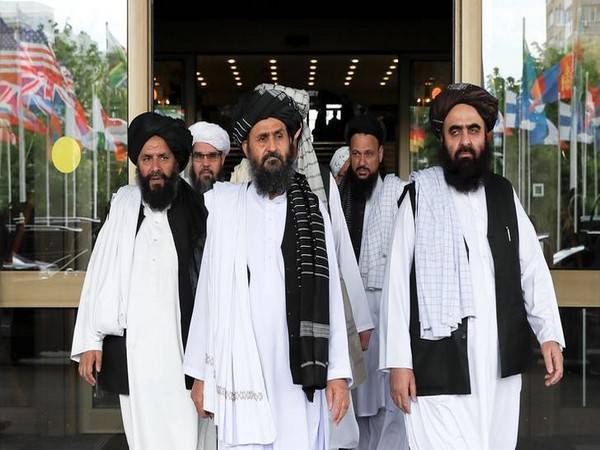
The Iranian Supreme Leader has insisted that the Taliban have changed. But these hopes may be misplaced. While the Taliban have made all the right noises about having an inclusive government, there is little evidence that they will remain so ‘flexible’ once all foreign troops are out and international attention shifts away from Afghanistan.
The very clear risk for Iran is that the Taliban will establish close ties with Saudi Arabia. Riyadh was among the handful of states that recognized the Taliban in power in 1996. It is not difficult to see why Riyadh would establish ties with the Taliban again. There is an obvious sectarian affinity between Saudi Arabia and the Taliban. This is a new opportunity for Saudi Arabia to gain some leverage against Iran. The regional rivalry between Iran and Saudi Arabia could escalate in a new arena, and Iran would be on the back foot here.
(Shahram Akbarzadeh is a Research Professor of Middle East & Central Asian Politics. He held the prestigious ARC Future Fellowship between 2013-2016. All views expressed are personal.)


